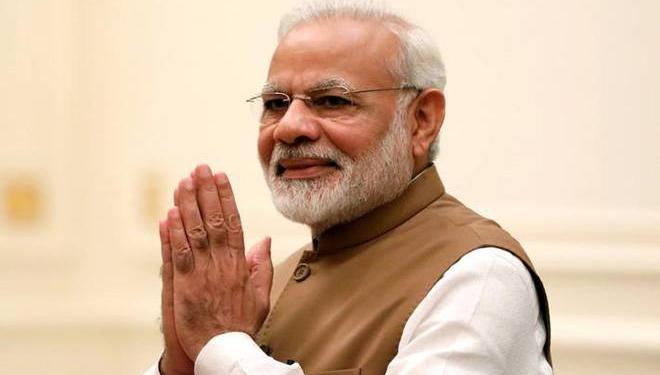In a latest poll gimmick, Rahul Gandhi promised a quasi-Universal Basic Income to 20 percent of Indian families from the poorer strata of society. There are almost 25 crore families in the country and 20 percent of this means that 5 crore families will benefit from Rahul Gandhi’s proposed scheme. Gandhi said that every family will get 72,000 crore rupees and the total cost of the scheme would be around 3.6 lakh crore rupees which is around 1.9 percent of the country’s GDP or 14 percent of central government’s expenditure. Rahul Gandhi obviously did not explain any plans on how the money for the scheme will be collected.
According to Rahul Gandhi, the Nyuntam Aay Yojana or NYAY scheme would be a ‘surgical strike on poverty’. The ‘GaribiHatao (Remove poverty)’ slogan used by Rahul’s grandmother Indira Gandhi in the 1971 election campaign. Since then Congress party used poverty eradication slogans in every election to win the votes. However, the fact is that the speed of poverty eradication in India under Congress government has been one of the slowest in comparison to most developing countries around the world. In the last four decades Congress used the same slogan in every election but did very little on the front of poverty reduction.
The poverty reduction rate has been very good in last few years due to the efforts of the Modi government. The healthy economic growth coupled with efficient delivery of welfare has pulled enormous number of people out of poverty. According to a study published by Brookings Institution, in India, about 44 people come out of extreme poverty every minute, and less than 3 percent Indian will live in poverty by 2022 with extreme poverty being altogether eliminated by 2022.
India has been home to the largest number of poor people for decades. This dubious distinction has been a dent on the image of the country that aspires to be a superpower. In a positive turn of events, the country has shrugged off the tag of being home to the largest number of poor people in the world. The African country of Nigeria has got the unwanted position in May 2018. If the present trends continue, India could drop to No. 3 later this year, with another African country, the Democratic Republic of the Congo taking the number 2 spot.
The Indian economy is the fastest growing major economy in the world and expected to be a $5 trillion economy by 2025. The economic reforms that have become characteristic of the Modi government are expected to propel the GDP growth of the country into double digits. As studies have shown, a nation’s economic growth is helpful in pulling people out of poverty, and if India’s GDP grows by double-digits, it may achieve poverty elimination before 2030, the target set by the United Nations in Sustainable Development Goal. The efforts to eliminate the leakage in social security benefits by the Modi government will make sure that the poor in the country get benefited from the government’s developmental programs.

























